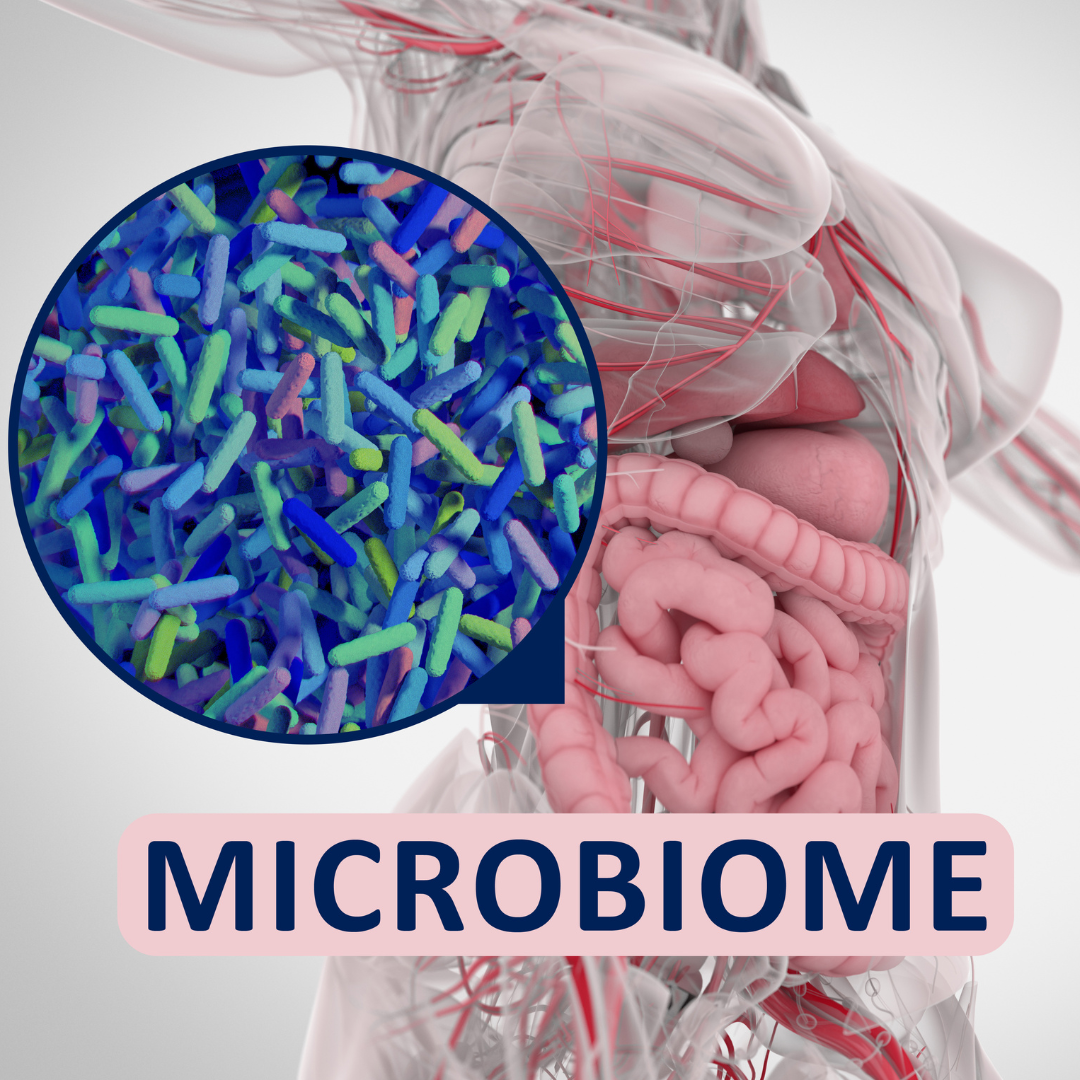
We all know that gut feeling are important, but what about the gut microbiome? This collection of trillions of microbes living in our digestive tracts is essential for our health, yet most of us know very little about it. Let’s take a closer look at this vital part of our bodies and find out how we can keep it healthy.
What is the gut microbiome, and what does it do?
The gut microbiome is a complex ecosystem of microbes that perform various functions essential for our health. These include breaking down food, producing vitamins and other nutrients, protecting against pathogens, and regulating the immune system.
The composition of the gut microbiome is unique to each individual, but it is generally dominated by two groups of bacteria: Firmicutes and Bacteroidetes. These groups of bacteria are beneficial to our health and are known as “good” bacteria.
However, the gut microbiome can also be home to harmful bacteria, such as those that cause food poisoning or stomach ulcers. When the balance of good and bad bacteria in the gut is disturbed, it can lead to a range of health problems.
What are the benefits of having a healthy gut microbiome?
A healthy gut microbiome is essential for our overall health. It has been linked to a reduced risk of obesity, heart disease, diabetes, and inflammatory bowel diseases such as Crohn’s disease and ulcerative colitis.
The gut microbiome is also important for the immune system—good bacteria in the gut help to protect against infections by harmful bacteria and viruses.
How can I maintain a healthy gut microbiome?
There are a few simple things you can do to maintain a healthy gut microbiome:
- Eat a diet rich in fruits, vegetables, and whole grains.
- Avoid processed foods and sugary drinks.
- Include fermented foods in your diet, such as yogurt, kefir, or sauerkraut.
- Take a probiotic supplement.
- Avoid antibiotics unless they are absolutely necessary.
The gut microbiome is a complex and vital part of our bodies. By following the above-mentioned tips, you can help to keep yours healthy and functioning properly.
The gut-brain connection
- Not just our physical health benefits from a healthy gut microbiome. The microbes in our gut also play a role in our mental health.
- The gut-brain connection is a two-way street: the brain can influence the gut, and the gut can influence the brain. This communication occurs via the vagus nerve, which connects the brain to the digestive system.
- One way the gut microbiome can influence the brain is by producing substances that affect moods, such as serotonin and GABA. Imbalances in the gut microbiome have been linked to various mental health conditions, including anxiety, depression, and autism.
Foods that help or harm the gut microbiome
- The gut microbiome is a complex ecosystem of good and bad bacteria. The balance of these bacteria is crucial for our health.
- Certain foods can help support good bacteria growth, while others can harm the gut microbiome.
- Probiotic-rich foods, such as yogurt, kefir, and sauerkraut, help support good bacteria growth.
- On the other hand, processed foods and sugary drinks can harm the gut microbiome. These foods can feed bad bacteria and lead to an imbalance in the gut.
- Including probiotic-rich foods in your diet and avoiding processed foods and sugary drinks is a simple way to support a healthy gut microbiome.
Probiotics and prebiotics
- Probiotics are live bacteria that have health benefits when consumed. These beneficial bacteria help to support a healthy gut microbiome.
- Prebiotics are non-digestible fibers that promote the growth of good bacteria in the gut.
- Including probiotic-rich foods in your diet, such as yogurt, kefir, and sauerkraut, is a great way to consume probiotics.
- Eating foods high in prebiotics, such as bananas, onions, garlic, and oats, is also beneficial for gut health.



